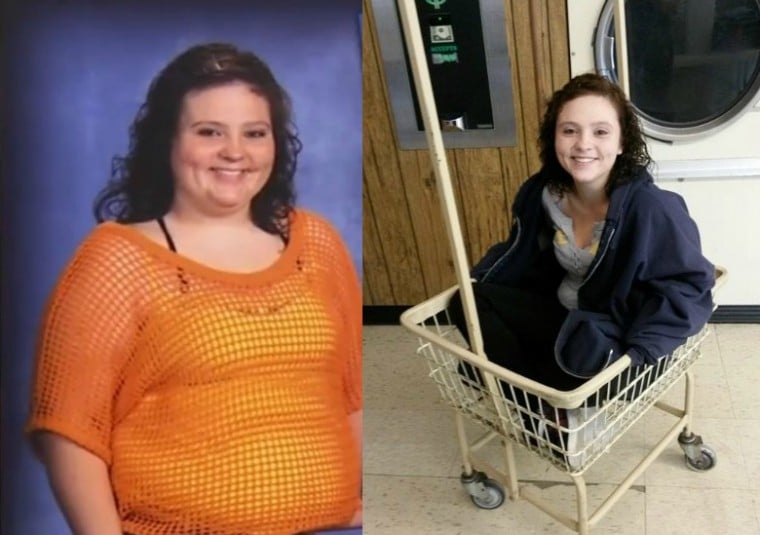
Ohio Teen Undergoes Life-Saving Weight Loss Surgery
November 10, 2014At 212 pounds, Sierra Bailey was part of the more than 30 percent of Ohio teens battling obesity. Sierra was also battling many adult medical problems including Type II diabetes, Polycystic Ovarian Syndrome (PCOS) and stage two cirrhosis of the liver. With her health rapidly declining and the medical conditions making it impossible to lose weight, Sierra and her doctors decided the best option for her was to undergo vertical sleeve gastrectomy surgery.
""I went through with the surgery because all those medical problems were fighting against each other," Sierra explains. "I didn't want to be miserable anymore. It was time to live my life and be a teenager."
Weight loss surgery is an option reserved for severe cases such as Sierra. According to Dr. Marc Michalsky of Nationwide Children's Hospital patients need to be well versed in what to expect after surgery.
Candidates must be:
- at least 100 pounds over ideal body weight
- able to demonstrate the lifestyle modification that goes along with bariatric surgery
- actively participate in weight loss plan
A year after surgery, Sierra has lost 87 pounds through a commitment to eating right and exercise. In addition to the physical changes, she is also adjusting to the emotional changes experienced after dramatic weight loss. Sierra says that with the help of counseling she now has the confidence to face a future of possibilities.
Click to view video about Sierra's Story.
Teen Weight Loss Surgery Risks?
As the rate of obesity increases among teens, bariatric surgery is becoming a more frequently sought after treatment option. A study reviewing 242 severely overweight teens found that weight loss surgery posed few short-term risks for teens.
The study participants had a median body mass index (BMI) of 50.5, and 51% suffered from four or more co-morbidities such as: high cholesterol, sleep apnea, back and joint pain, high blood pressure and fatty liver disease.
66% of the participates underwent gastric bypass surgery, 28% underwent vertical sleeve gastrectomy, and 6% had adjustable gastric banding.
Within the first 30 days of monitoring, 77% of patients experienced no post-operative complications. 15% of patients experienced minor complications such as dehydration, while 8% experienced major complications, some requiring additional surgery. There were no surgery related deaths reported.
"This is important news for families considering bariatric surgery for severely obese teens. Parents who are considering weight loss surgery for their sons and daughters worry about complications and ask a lot about the safety of surgery. This study should help to alleviate or at least bring those concerns into context." - Dr. Thomas Inge, of the Cincinnati Children's Hospital Medical Center
All study participants continue to be monitored so that information can be obtained regarding long-term risks.
Sources:
Townsend, Tracy. "Hospital Perform Life-Saving Weight Loss Surgery On Teen." 5 November 2014. WBNS - 10TV Health.
Whiteman, Honor. "Weight loss surgery has 'few' short-term complications for teens." 4 November 2013. Medical News Today.



